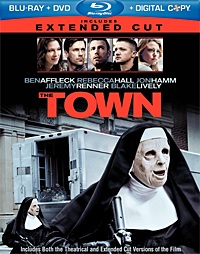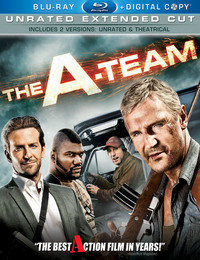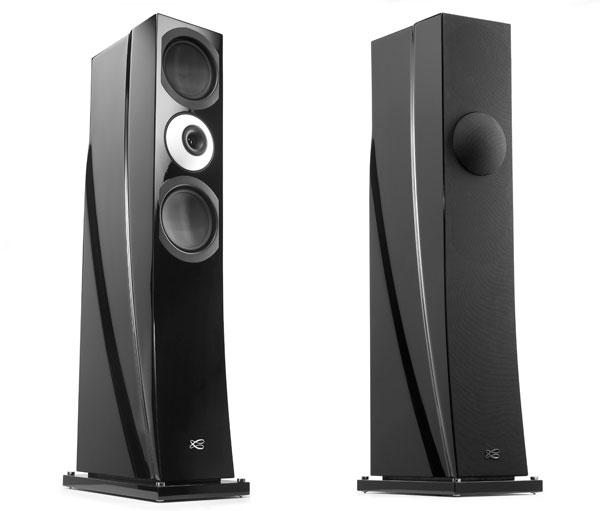LATEST ADDITIONS

It used to be that all television was delivered wirelessly over the air for freewell, you have to wait through commercials, but you don't pay any money for it. Then cable companies started offering a much wider palette of programming via wires, charging a monthly subscriptionand on many channels, the commercials are still there. Satellite service returned to wireless broadcasting but retained the subscription fee and commercials on many channels.
Now, a fourth delivery system is gaining significant ground. More and more viewers, especially younger viewers, are receiving their TV programming from the Internet. This approach frees you from the strictures of a broadcast scheduleno more Must See Thursday, though DVRs like TiVo remove this limitation from over-the-air, cable, and satellite as well (plus, they let you skip commercials). Even better, some content is free (for example, basic Hulu in standard definition) while premium programming typically requires a subscription fee ($8/month for Hulu Plus in 720p, $9/month for Netflix).
So I wonder: When you watch network TVand I mean all networks, not just ABC, CBS, NBC, WB, and Foxdo you receive it mostly via terrestrial over-the-air, cable, satellite, or the Internet? Or do you eschew network TV altogether?
Vote to see the results and leave a comment about your choice.

 Doug MacRay (Ben Affleck) is the leader of a Boston bank robber gang but is not cut from the same cloth as his fellow thieves. When Doug falls in love with the bank manager (Rebecca Hall) briefly taken hostage in one of their heists, he wants to leave his criminal past behind and start a new life. As the Feds close in, his best friend (Jeremy Renner) questions his loyalty he's left with two choicesbetray his friends or lose the woman he loves.
Doug MacRay (Ben Affleck) is the leader of a Boston bank robber gang but is not cut from the same cloth as his fellow thieves. When Doug falls in love with the bank manager (Rebecca Hall) briefly taken hostage in one of their heists, he wants to leave his criminal past behind and start a new life. As the Feds close in, his best friend (Jeremy Renner) questions his loyalty he's left with two choicesbetray his friends or lose the woman he loves.
 In late 2007, filmmakers Ariel Schulman and Henry Joost sensed a story unfolding as they began to film the life of Ariel's brother, Nev. They had no idea that their project would lead to the most exhilarating and unsettling months of their lives. A reality thriller that is a shocking product of our times, "Catfish" is a riveting story of love, deception and grace within a labyrinth of online intrigue.
In late 2007, filmmakers Ariel Schulman and Henry Joost sensed a story unfolding as they began to film the life of Ariel's brother, Nev. They had no idea that their project would lead to the most exhilarating and unsettling months of their lives. A reality thriller that is a shocking product of our times, "Catfish" is a riveting story of love, deception and grace within a labyrinth of online intrigue.
 Attention, stocking stuffers: Best Buy is stuffing its restocking fee. The elimination of the 15 percent fee for returned merchandise is a small victory for consumers as well as a boon to holiday shoppers who might be more willing to take chances.
Attention, stocking stuffers: Best Buy is stuffing its restocking fee. The elimination of the 15 percent fee for returned merchandise is a small victory for consumers as well as a boon to holiday shoppers who might be more willing to take chances.
 Convicted by a military court for a crime they didn't commit, a daring team of former Special Forces soldiers must utilize their unique talents to break out of prison and tackle their toughest mission yetclearing their name.
Convicted by a military court for a crime they didn't commit, a daring team of former Special Forces soldiers must utilize their unique talents to break out of prison and tackle their toughest mission yetclearing their name.
 Of course the BBC is Britain's version of public radio. Its Radio 3 channel is strong in classical, jazz, world music, new music, and spoken-word drama.
Of course the BBC is Britain's version of public radio. Its Radio 3 channel is strong in classical, jazz, world music, new music, and spoken-word drama.





